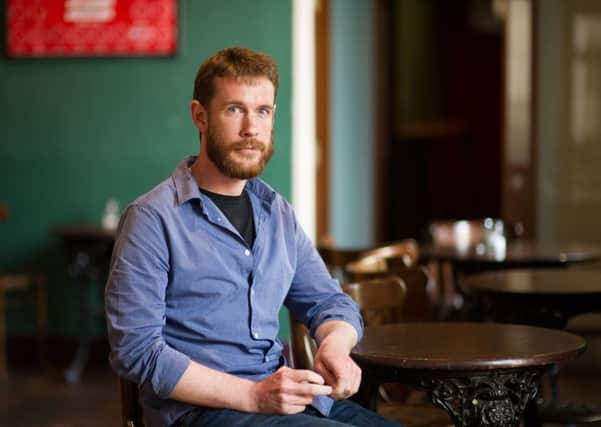Book review: 60 Degrees North by Malachy Tallack


60 Degrees North by Malachy Tallack | Polygon, £12.99
In The New North (2011), the geographer Laurence C Smith travelled around the Arctic Circle for 15 months in order to paint a striking, not to say alarming picture of how the Earth might look in 2050, with particular reference to the dangers and opportunities thrown up by global warming. In The Magnetic North (2009), the travel writer Sara Wheeler covered similar ground in physical terms, but focused more on the human impact of environmental change, speaking to indigenous people in Greenland and Northern Canada about the challenges they face. And in True North (2008), the author and doctor Gavin Francis explored the northernmost fringes of Europe, taking in Shetland, the Faroes, Iceland, Greenland, Svalbard and Lapland, and cleverly illuminating the present by delving deep into the past.
If you’re going to bring out a book of this type, then – and particularly another one with the word “North” in the title - you’d better have something important to say and a fresh, exciting way of saying it; the fact that first-time author Malachy Tallack succeeds on both counts is nothing short of remarkable.
Advertisement
Hide AdIn common with Smith and Wheeler, in 60 Degrees North Tallack sets out to make a complete lap of the globe, but his choice of a slightly more southerly latitude sees him stopping off in several of the same locations as Francis – Shetland, the Faroes and Greenland all feature. What makes his account so original, however, and so compelling, is that unlike the other three writers he takes the brave step of putting himself right at the heart of the story, using his own experiences to ask searching, never-less-than fascinating questions about identity, homecoming and what it means to truly belong to a place.
Tallack spent the first few years of his life in the south of England, but when his was ten, following his parents’ separation, his mother decided to move with him and his brother to Shetland, where she had family. “That half my family were with me,” he writes, “did not detract from the sense that I had been lifted up and dropped in an alien place, a place that was not and could not be my home.” This sense evolved “into an unshakable feeling of exile and of homesickness” to the extent that, at age 17, he was back in England again, living with his father and preparing to attend music school in London. But then, out of the blue, his father was killed in a car crash and Tallack found himself back in Shetland, utterly lost, his internal compass spinning wildly.
His subsequent journey around the 60th parallel - something he had first, vividly imagined as a boy – serves both as an attempt to give his life some much-needed direction (west, mostly) and also a way of teasing out the links between personhood and place. In Greenland, he observes that the Inuit “have always been at home… in a way that Europeans have never quite learned to be.” In the isolated town of Fort Smith in northern Canada, he notes with optimism how incomers “help to create a sense of a place not yet complete, a place still in the making.” But, faced with the much greater ties that bind the native Dine people to the land, he wonders: “if European cultures have entirely lost the traditions by which a relationship with the land is maintained, are we then destined to be estranged from our places? Can we never truly be at home?”
Living on Fair Isle, as part of a small, close-knit community, he finally finds a place where “my desire to be at home felt welcomed and reciprocated”. But in the end, he returns to Shetland and reconciles himself with the idea of it as “the centre around which my world was spinning”.
Tallack doesn’t mention the Independence Referendum once, yet 60 Degrees North is arguably one the most important post-Indyref books published to date. For anyone with an interest in how we construct answers to that most straightforward-seeming of questions - “where are you from?” - it is essential reading.